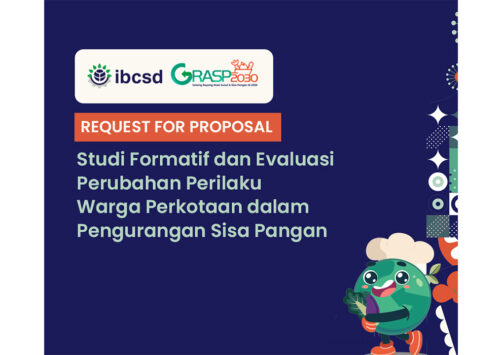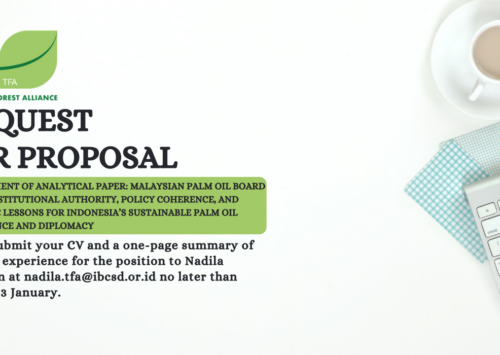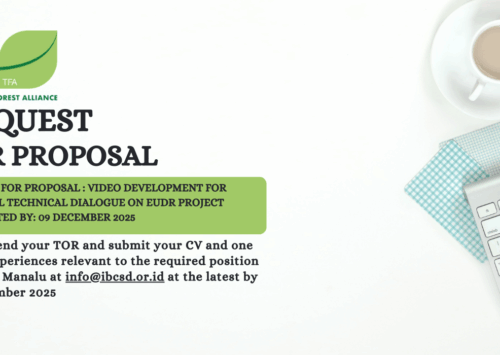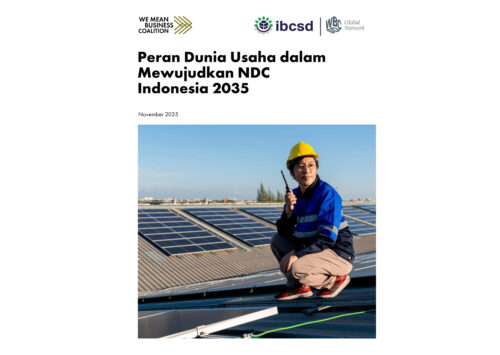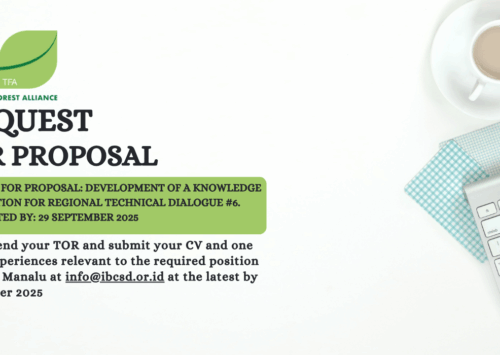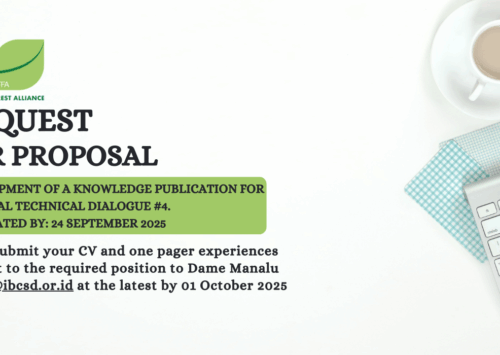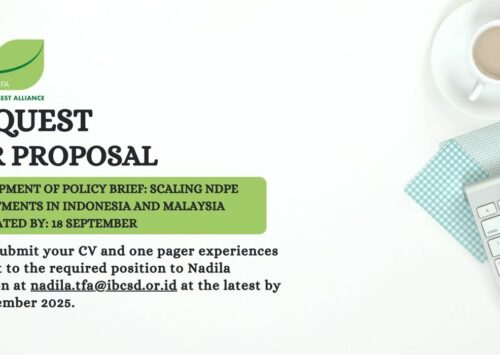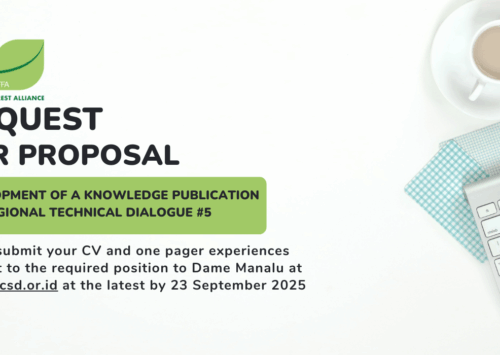In Indonesia, UNDP supports the United Nations Guiding Principles on Business Human Rights (UNGPs) is done inclusively and based on international standards. UNGPs use HRDD to help businesses assess and mitigate threats to the lives and dignity of stakeholders, including employees, vulnerable groups, communities, and consumers. Even though conducting HRDD does not have a direct impact on profitability. It would help companies avoid reputational and operational harm that might, for example, accompany charges of forced labor.
As the commitment to leverage the knowledge, understanding, and practical skills of human rights due diligence, UNDP and IBCSD had collaborated to host a series of Training on Human Rights Due Diligence for Business in Indonesia virtually on 21, 23, 27, and 29 September 2021. The training was attended by more than 31participants and opened by Elim Sritaba, Chief Sustainability Officer Asia Pulp & Paper represents the Executive Committee of IBCSD; Siprianus Bate Soro, Team Leader of Democratic Governance and Poverty Reduction, UNDP Indonesia; and Sean Less, Business and Human Rights Specialist, UNDP Asia Pacific.
Many speakers from the Raoul Wallenberg Institute (RWI), UNDP, UNICEF, ILO, Komnas HAM, and ELSAM lectured during the training. The training began with an overview of business and human rights, followed by discussions of business duties in human rights policy, human rights due diligence (introduction, identification, and evaluation), and corporate integration, monitoring impacts, and communicating reports on measures taken.
Ensuring that human rights in business operations are protected, respected, and promoted is a shared responsibility of governments, businesses, and organizations.
